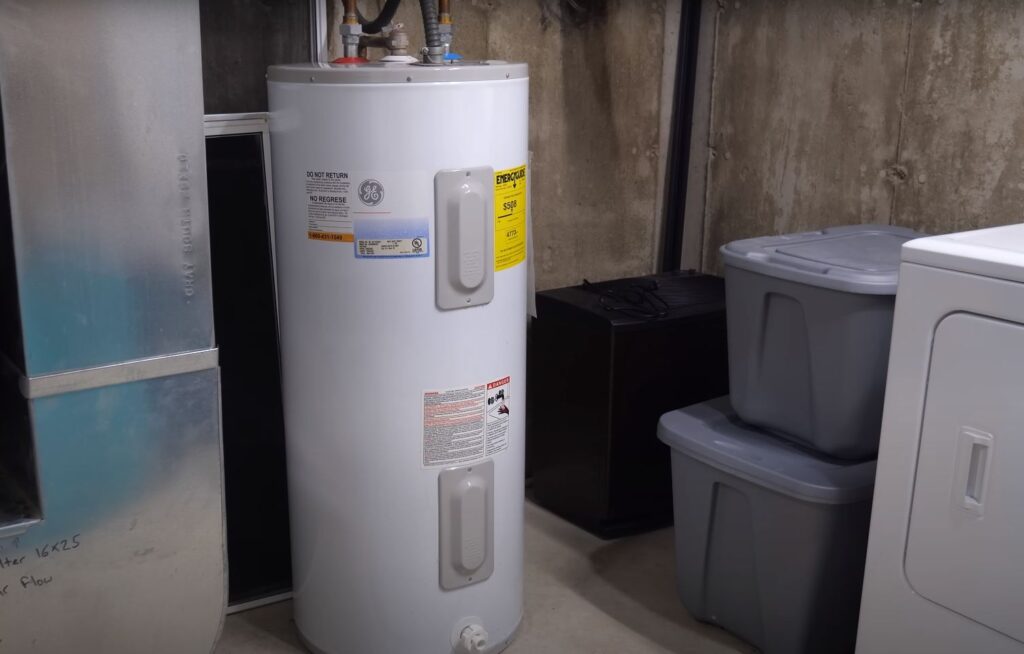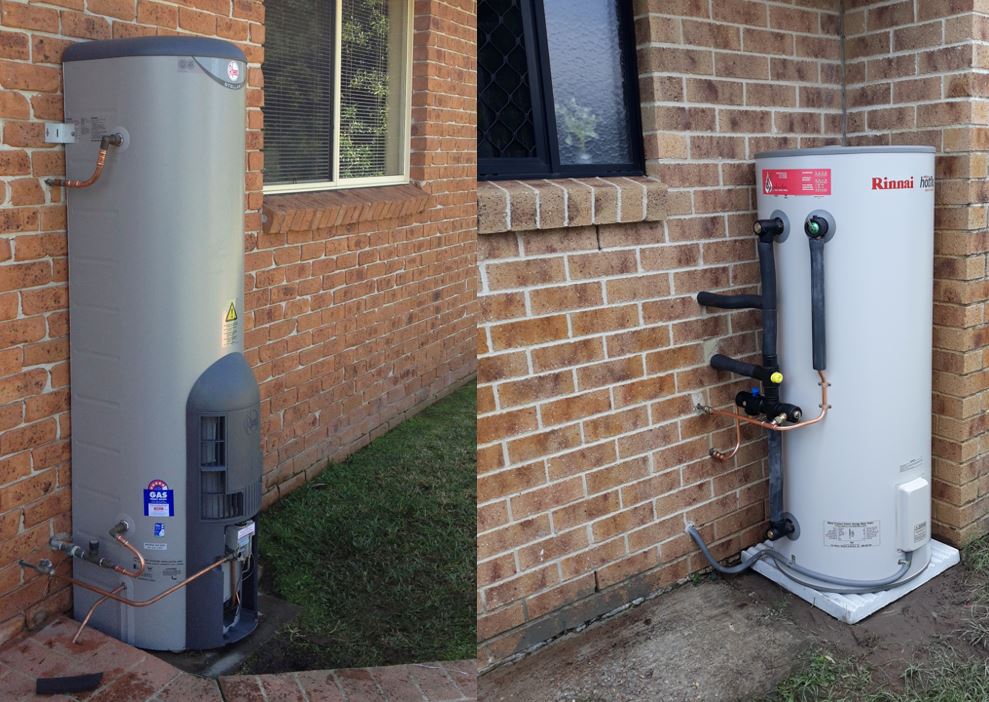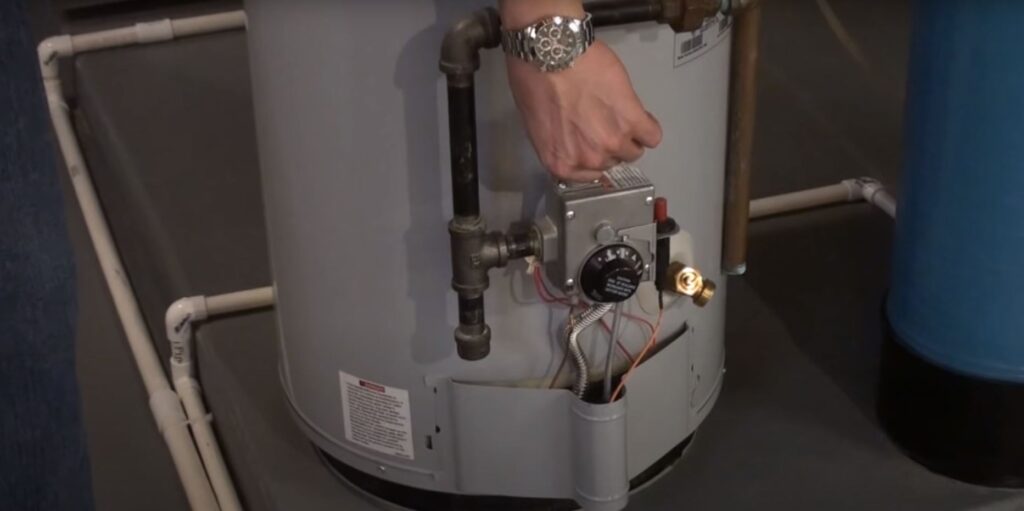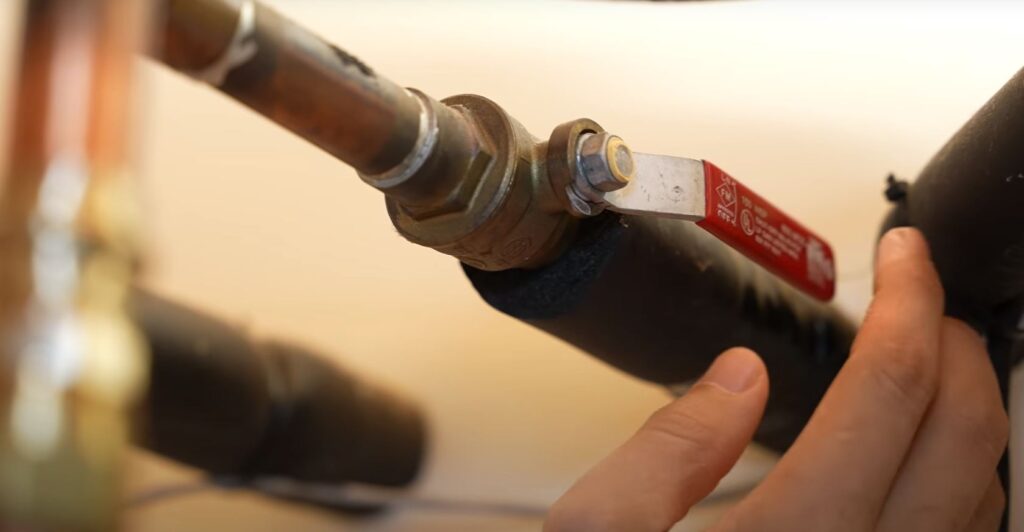The Complex World of Water Heaters and the Cold Water Mystery
Understanding the Basics of Water Heaters
Whether you’re living in a high-rise apartment in Southbank or a charming townhouse in Fitzroy, a working hot water system is essential. Water heaters, while robust, have multiple components, any of which can fail and result in cold showers. To figure out why, let’s delve into the inner workings of a water heater.
Common Culprits Behind Cold Water
- Faulty Heating Elements: Over time, heating elements can corrode or burn out, rendering them ineffective. Electric heaters usually have two – one at the top and one at the bottom.
- Tripped Circuit Breaker: If your electric heater suddenly stops working, it might be due to a tripped breaker, cutting off the power supply.
- Malfunctioning Thermostat: The thermostat regulates the temperature. If it’s faulty, it may not signal the heating elements to turn on.
- Gas Supply Issues: For gas water heaters, ensure the pilot light is lit. If not, the gas valve or supply might be the problem.
Safety Precautions and Health Concerns
While troubleshooting, always put safety first:
- Electricity and Water: Ensure the power is turned off if checking electrical components.
- Gas Leaks: If you smell gas around your water heater, immediately shut off the valve and call for professional help.
- Water Temperature: Be careful when adjusting thermostats. Water that’s too hot can scald and cause injuries.
Melbourne’s Unique Water Characteristics
In Melbourne, the water is known for its high mineral content, especially in areas like Brighton and Toorak. Minerals can lead to:
- Sediment Build-up: Over time, minerals can accumulate at the bottom of the tank, acting as a barrier between the water and the heating element.
- Corrosion: High mineral content can speed up the corrosion process in tanks and pipes.
Professional Insight and When to Call in the Experts
Some issues, like a tripped circuit breaker, can be a simple fix. However, when it comes to component replacements or addressing sediment build-up, it might be time to call in the experts. Professional technicians can provide services like:
- Flushing the Tank: This involves draining the tank to remove sediment build-up.
- Replacing Faulty Components: Whether it’s a thermostat, heating element, or gas valve, experts can replace it safely and efficiently.
- Upgrading the System: If the unit is old, it might be more cost-effective to replace it entirely.
Summary Table: Common Issues and Solutions
| Issue | Possible Causes | Solutions |
| No hot water | Tripped breaker, faulty heating elements, gas supply issues | Reset breaker, replace elements, check gas supply |
| Inconsistent water temperature | Sediment build-up, malfunctioning thermostat | Flush tank, replace thermostat |
| Smelly water | Bacterial contamination or corroding anode rod | Replace the anode rod, consult a technician |
| Leaking tank | Corrosion, loose connections | Tighten connections, consider replacing the unit |
Whether you’re a DIY enthusiast or someone who prefers leaving it to the pros, understanding the basics of your hot water system is empowering. For those trickier problems, or when in doubt, lean on trusted professionals, such as Hot Water Repairs Melbourne. They bring the expertise to ensure you’re back to enjoying those warm, comforting showers in no time.
FAQs on Water Heater Troubles and Solutions
Why is my electric water heater not heating water at all?
It could be due to a tripped circuit breaker, faulty heating elements, or a malfunctioning thermostat. Always ensure the power supply is intact and the components are in good condition.
My gas water heater isn’t producing hot water. What could be wrong?
The pilot light might be out, or there could be an issue with the gas valve or gas supply. Ensure the pilot light is lit and the gas supply is consistent.
What causes the water to be too hot or not hot enough?
A malfunctioning thermostat or sediment build-up in the tank could be responsible. The thermostat might not be regulating the temperature correctly, or sediment could be affecting heating efficiency.
How often should I flush my water heater to remove sediment?
It’s a good practice to flush your water heater at least once a year, especially in areas with hard water, to maintain its efficiency.
What’s the lifespan of a typical water heater?
While it varies, a well-maintained water heater can last anywhere from 8 to 12 years. Regular servicing and addressing issues promptly can prolong its life.
Is it normal for my water heater to make popping or rumbling noises?
Noises can be a sign of sediment build-up at the bottom of the tank. As the sediment heats, it creates these sounds. Flushing the tank can help.
Why is there water pooling around the base of my water heater?
A leaking tank or loose connections could be the culprits. It’s essential to address leaks promptly to prevent potential damage or inefficiency.
Can I adjust the temperature of my water heater?
Yes, using the thermostat. However, always be cautious as setting it too high can increase the risk of scalding.
Are tankless water heaters more efficient than traditional tank models?
Generally, yes. Tankless models heat water on demand, reducing energy consumption as they don’t maintain a tank full of hot water continuously.
Why does my water have a strange odour?
A bacterial contamination or a corroding anode rod can cause odours. Consider replacing the anode rod or consulting a technician for a solution.
Is it cost-effective to repair an old water heater or replace it?
It depends on the issue and the unit’s age. Sometimes, especially if the heater is nearing the end of its lifespan, replacing it might be more cost-effective in the long run.
Do I need a professional to service my water heater, or can I do it myself?
While some basic maintenance tasks can be DIY, it’s advisable to engage professionals, especially for component replacements or troubleshooting complex issues, to ensure safety and efficiency.




